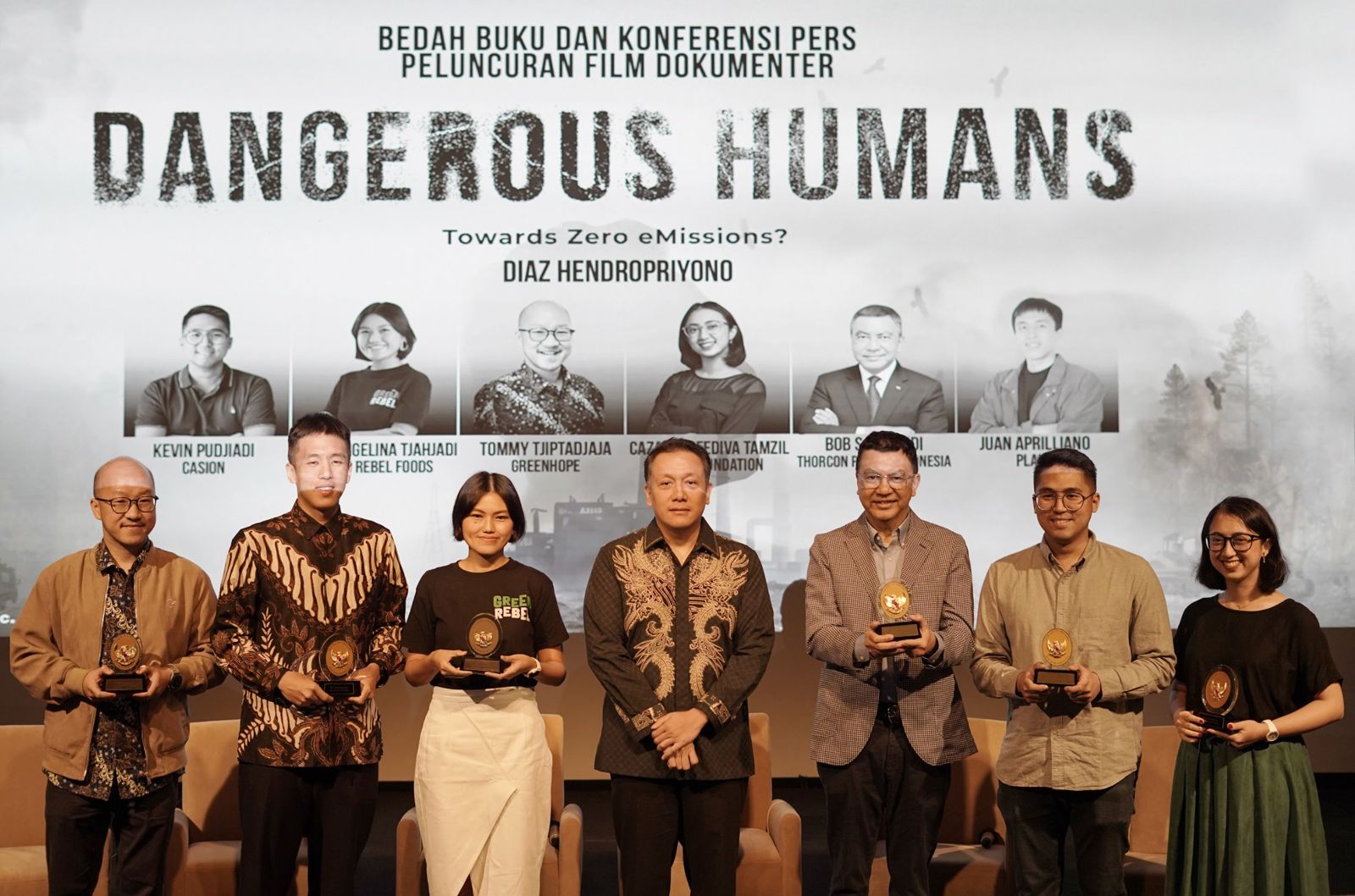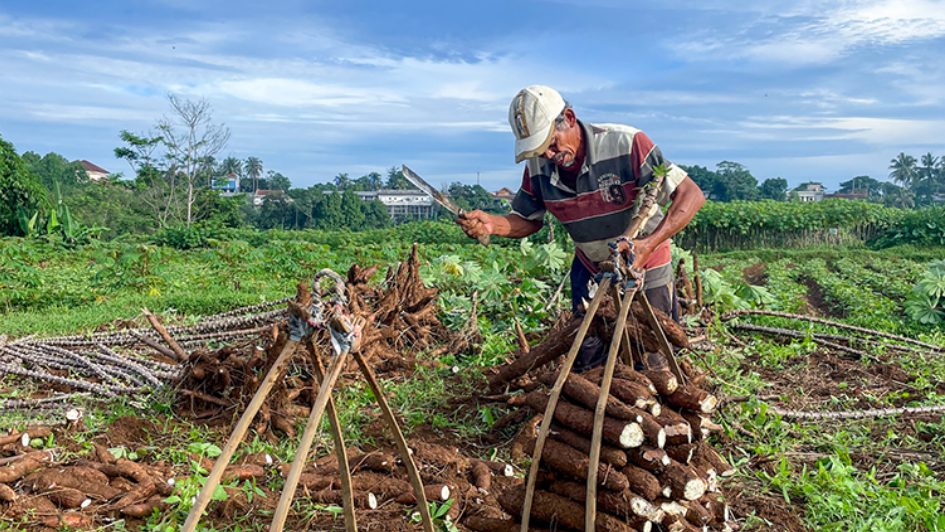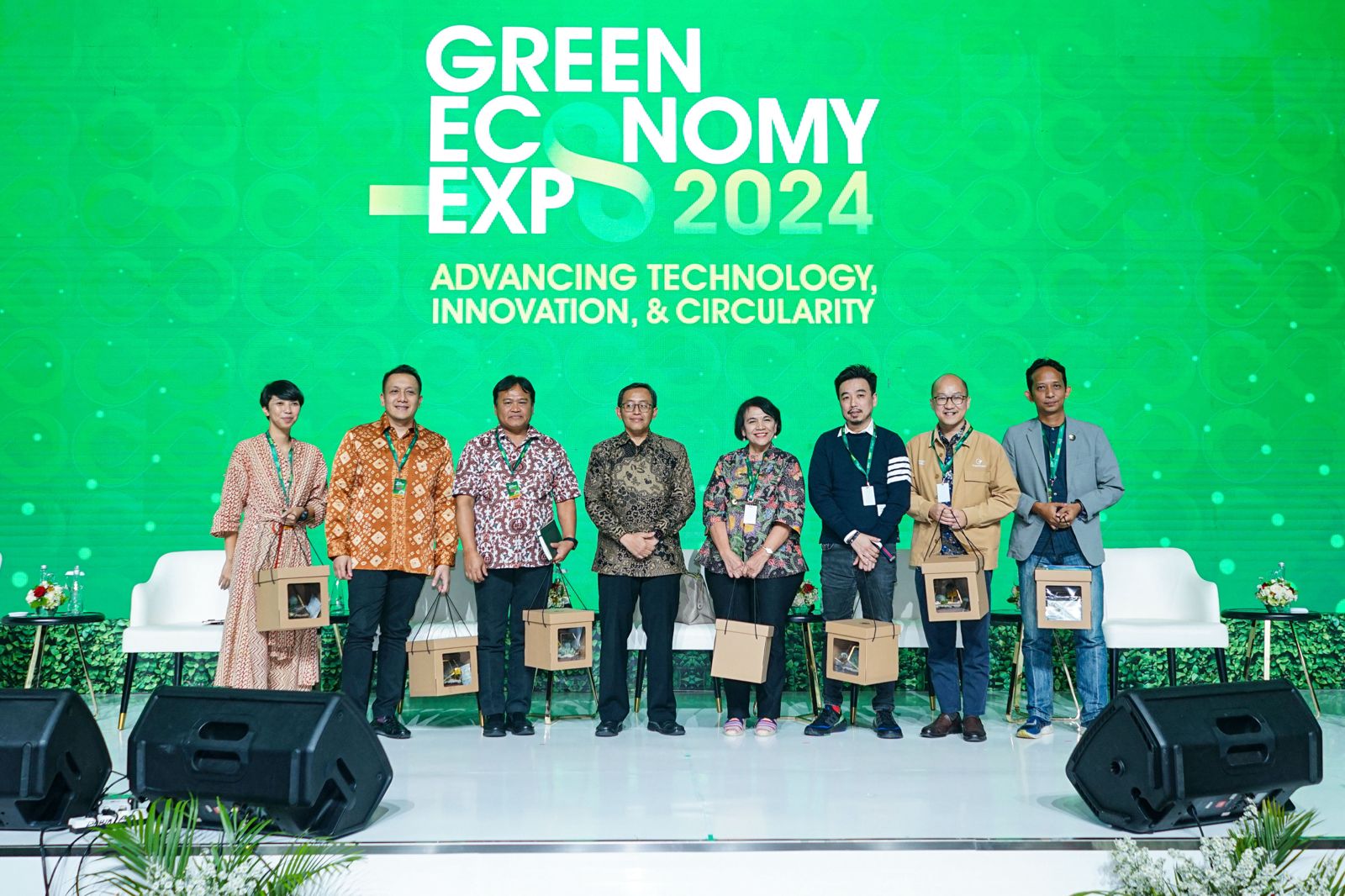Oxium Technology Plastic: Solution or New Problem?
Sunday, 23 February 2020The problem of plastic waste has triggered many parties to help find a solution. Some manufacturers develop ideas/technologies to produce products that can reduce the problem of plastic waste.
We have heard about cassava being used as raw material for making plastic bags that are guaranteed to be degradable. In addition, there are also Oxium technology plastic bags.
This plastic bag is considered to have many advantages, including the same function as conventional plastic bags, the price is competitive with conventional plastic bags, and thanks to oxium technology, plastic is claimed to be able to decompose faster than ordinary plastic.
You may be unfamiliar with ‘oxium technology’, but chances are you have already used oxium plastic. The plastic is thinner than regular plastic bags and is used in minimarkets, supermarkets and large restaurants in Indonesia. If you notice on the plastic bag, there is an Oxium logo.
But behind all these advantages, the existence of oxium is still a matter of debate. According to Akbar Hanif Dawam Abdullah from the Indonesian Institute of Sciences (LIPI), oxium plastic is dangerous because small particles of oxium plastic can enter waterways, soil, be eaten by fish, and eventually move into the human body unnoticed.
These small particles of plastic or microplastics are considered dangerous for nature and humans. Sociopreneur Sustainable Indonesia also agrees with this. Therefore, Paprika Living facilitated a discussion with the hope that all of us as consumers will be enlightened about this issue.
The discussion featured Tommy Tjiptadjaja from Greenhope Indonesia (technology social enterprise that created Oxium technology), Shivan from Ecorasa (Oxium technology food container product), Nada Arini and Yuri Rumero from Sustainable Indonesia, held in Jakarta, last September.
Let's start with the right understanding. Oxium is not plastic.
‘Oxium is not a plastic but an biodegradable additive technology that can accelerate the molecular and chemical degradation of plastics thus helping to solve the huge accumulation of plastic waste problem,’ explained Tommy.
Oxium is made from naturally available minerals that are harmless to the body. This technology is proven to have degraded through the biodegradation process as tested and passed ASTM 6954, has SNI Ecolabel, BPOM, and EU/Japan Food Migration Standard certificates. This technology has also been patented by the US.
This safety certification makes Tommy believe that Oxium technology is safe for the environment and living things.
In contrast to Tommy's explanation, the Sustainable Indonesia team still thinks Oxium is not the answer or solution to Indonesia's plastic problem.
‘As long as there is no test that proves that Oxium plastic can be safe even though it has been decomposed very, very micro, Oxium is not the answer to the plastic waste problem,’ said Nada, who recommended that all claims be proven by field trials, such as at the Bantar Gebang landfill for example.
Tommy responded to Nada by saying that it is very difficult to see whether what is processed by Oxium is microplastic or not. According to him, anything that can be processed by microbes cannot be said to be microplastic.
As a product provider, Tommy sees this plastic issue as quite problematic because what people want is a very ideal condition, namely ‘Want to be cheap, but also environmentally friendly, while being strong and durable.’
Therefore, for the future to be better, it requires communication and cooperation from all elements to find the perfect solution. ‘Everyone claims to have a better solution, but we as product providers can only see which technology is better,’ added Shivan.
Is Oxium-tech plastic a better choice?
Despite all the advantages, Yuri Romero seems reluctant to say yes. There is a concern that if a product is considered better, then people will tend to use it without realising that it is ‘environmentally friendly’ anyway.
Yuri also responded that it would be nice if business people are also socially orientated, one of which is by not only producing products but also managing the waste generated by these products.
‘Ecorasa has made environmentally friendly products so far, but when waste is littered, of course this goes back to human behaviour, education and the waste disposal system in Indonesia that must also be addressed,’ Shivan explained.
Well, want to know more details about this Oxium discussion, watch the full discussion on the following youtube link:
https://www.youtube.com/watch?v=VgZIupjHvaE



